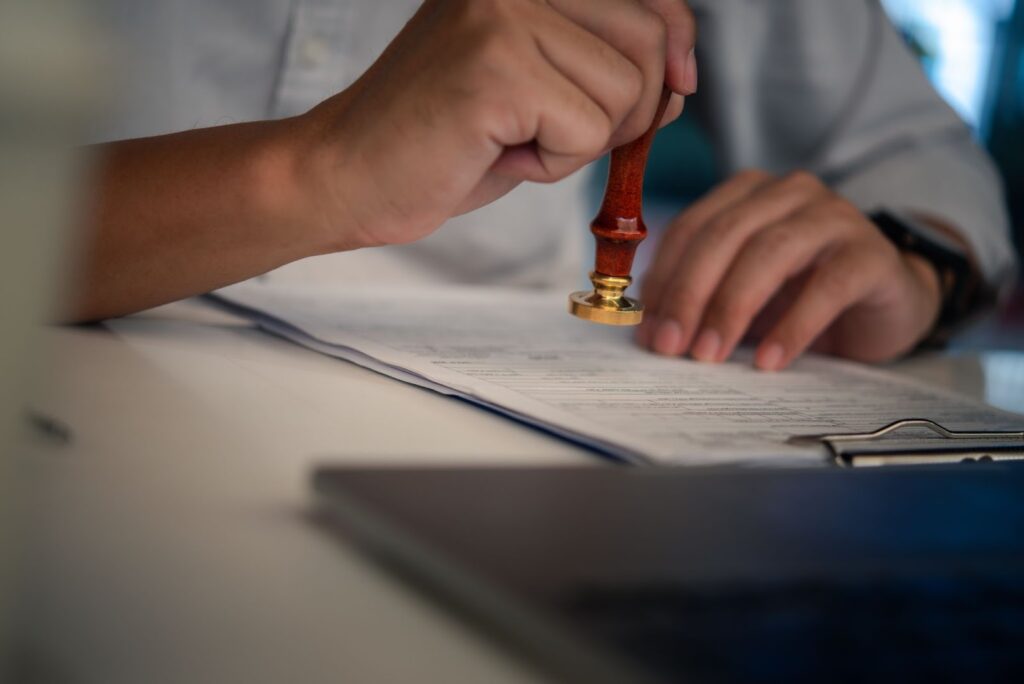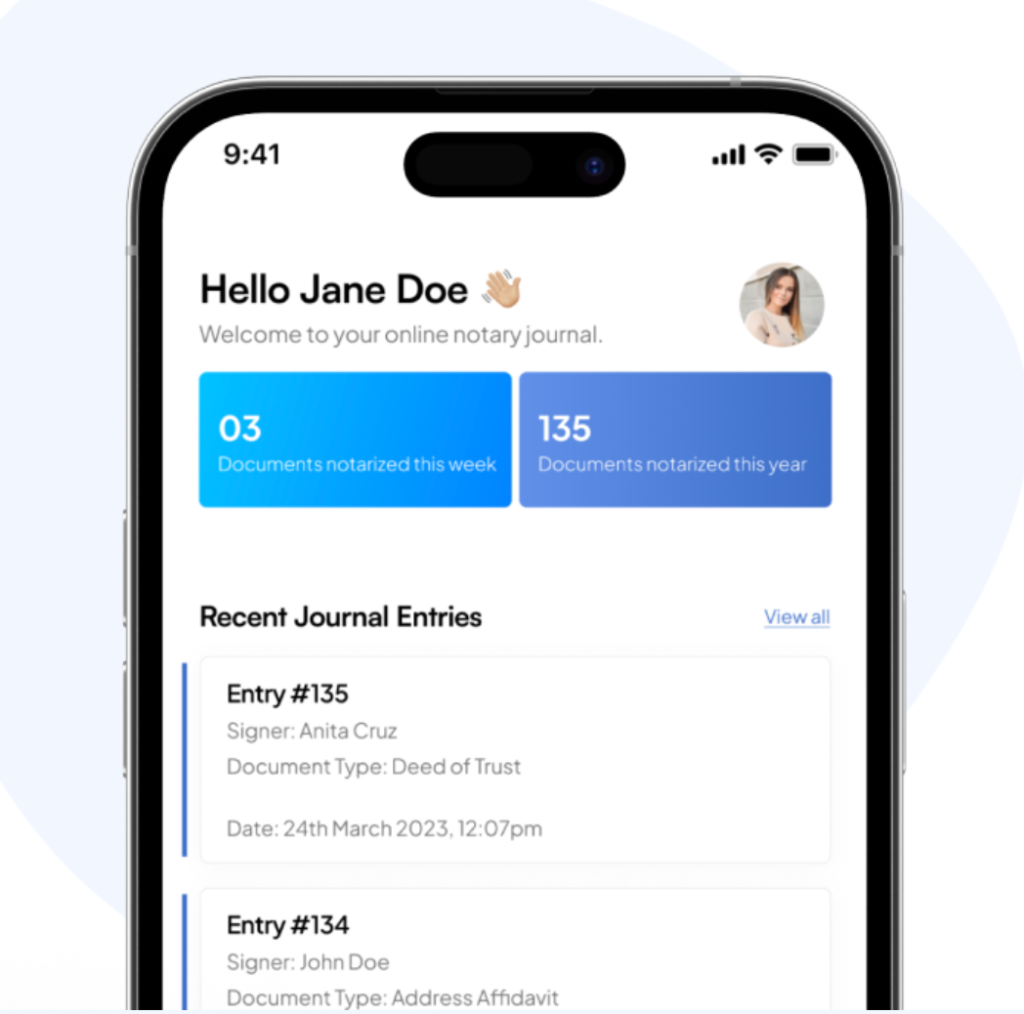
Writing your own will is essential for ensuring your estate is managed as you desire after your passing. Drafting a will can be straightforward if you know the legal requirements and the benefits of notarization. While it's true you can create and notarize your own will, several critical factors must be taken into account to make sure it's legally binding and accurately reflects your wishes.
Notarization alone doesn't guarantee the will's validity; it must also meet specific requirements set by your state's laws. Before making a final decision, it's important to understand the potential risks and benefits of a DIY will—factors that could significantly impact the execution of your final wishes. What might those be? Let's explore.

Certainly, you have the full ability to draft your own will to detail how your assets should be managed after you pass away. This is an important step in estate planning that puts you in control over the distribution of your assets, avoiding the complexities of intestacy laws. By legally documenting your wishes, you guarantee that your estate is handled exactly as you envision.
When you write your will, you have the option to include a self-proving affidavit. This legal document, signed in the presence of a notary public, greatly streamlines the probate process. It serves as a confirmation that your will is valid and that you willingly signed it, which can preempt potential disputes or challenges to its authenticity.
Taking this proactive approach not only sets a clear path for the execution of your will but also provides peace of mind to your loved ones. They won't have to guess your intentions or deal with possible legal hurdles that often surface when a will is contested or unclear.

In many states, for a will to be legally valid, you must sign it in the presence of at least two witnesses. These witnesses must be important adults who understand what they're witnessing and must also sign the will, attesting to your capacity and voluntary action. You must use your full legal name and make sure all details are accurate to create a legal, binding document.
Notarization adds a layer of official recognition and credibility. A notary public verifies your identity and witnesses your signature, officially acknowledging that you, the testator, are indeed the person signing the document and that you're doing so of your own free will. This step can be pivotal in preventing future legal disputes over the authenticity of the will.
Remember, the requirements can vary from state to state. Some states may have specific stipulations about who may or may not serve as a witness. Additionally, certain states might require the notarization of the will itself to make it 'self-proving,' a process that speeds up probate since the court can accept the will without contacting the witnesses who signed it.
To make sure your will meets all legal standards and truly reflects your wishes, you might consider consulting with a legal professional who understands the nuances of estate planning in your state. This way, you can rest assured knowing your legacy is secured exactly as you envision it.
With advancements in technology, you can now easily notarize your will online using the Notary Journal App. This powerful tool harnesses cutting-edge technology to guarantee that notarizing your will isn't only straightforward but also secure.

You're in control of your estate planning, and with this app, you can manage the process from the comfort of your home.
Once you've prepared your will, simply sign up or log into the Notary Journal App. You'll then upload your will to the platform. It's a breeze. Next, you'll request notarization, which involves a video conference with a licensed notary. This step ensures that all legal bases are covered, providing you with peace of mind knowing your will complies with state laws and regulations.
The Notary Journal App isn't just about convenience; it's built with your privacy in mind. The app's privacy policy is robust, safeguarding your sensitive information while adhering to legal standards. This means you don't have to worry about the security of your estate documents as they're processed and stored.
Moreover, the technology behind the Notary Journal App allows you to notarize wills quickly, without the traditional hassle of scheduling in-person appointments. It's designed for efficiency, reducing the time it takes to secure your will, so you can focus on what matters most to you.

Deciding to draft your own will or hire an attorney depends on several factors, including the complexity of your assets and your legal knowledge. If you're someone who values control and precision, you're likely leaning towards doing it yourself. But before you decide, consider the advantages of professional legal advice. An attorney can guide you through the intricacies of estate planning, making sure that your will isn't just a document but a robust plan that meets all legal standards.
Creating a will involves more than listing your assets; it sets the future course for your minor children and guarantees your wishes are respected. An attorney-client relationship provides a layer of professional scrutiny and peace of mind that DIY solutions often can't match. They can help make your will self-proving, which simplifies the probate process by verifying in advance that your will is valid and properly executed. This is vital if your situation involves complex family dynamics or significant assets.
However, if your estate is straightforward and you're equipped with good resources, drafting your own will might be sufficient. Tools like the Notary Journal App can streamline the notarization process, adding convenience and security. This app ensures that all signatures are verified and securely stored, which is essential for making your will legally binding.
Ultimately, the choice to DIY or hire an attorney should be weighed against your need for certainty and the complexity of your estate. If you're unsure, consulting an attorney for initial advice might be a wise first step to make sure you're on the right path.
How do state-specific laws and special considerations like dealing with digital assets impact the process of drafting and notarizing your will?
When you're looking to create an estate plan, it's essential to take into account how different states handle these matters. For instance, in New York, you must sign your will in the presence of two witnesses, and these witnesses must also sign the document. This adds a layer of formality and necessity for precise execution that you can't overlook.
Moreover, the digital age has introduced the need to manage digital assets, which includes everything from social media accounts to cryptocurrency. Including these in your will requires specifying digital executors and ensuring your directives are clear and enforceable under state laws.
State-specific variations can greatly influence the validity of your will. For example, while some states recognize oral wills under certain conditions, others do not. If you're contemplating an oral will, you need to first check if the court can accept this form based on your state's laws.
In New York, you don't need to notarize your will for it to be valid. However, notarization can speed up the probate process by proving the will's authenticity upfront.
A self-proving affidavit is a sworn statement attached to a will, signed by the witnesses, and notarized. It serves to verify that the will was executed properly, making it unnecessary to call witnesses to confirm its validity during probate.
Getting a will notarized as part of a self-proving affidavit can streamline the probate process, as it pre-validates the signatures of the testator and witnesses, reducing the need for further verification.
Any licensed notary public can notarize a will, as long as they are not a beneficiary of the will or have any other conflict of interest with the will's contents.
You can get your will notarized at a bank, a lawyer’s office, or through a mobile notary service. Increasingly, online notarization services are also available which allow you to notarize documents remotely.
In NY, drafting a will should cost you between $150 to $600, depending on its complexity. However, opting for online services could lower this to $20 to $100 for a straightforward will.
In Louisiana, you do not have to notarize your will for it to be valid. However, including a notarized self-proving affidavit can streamline the probate process and provide extra assurance.
In New York, your will is invalid if you lack mental capacity, don't follow legal witnessing requirements, experience undue influence, or fail proper signature witnessing. Always confirm it meets state guidelines to avoid issues.
Certainly, you can steer the ship of your estate by writing your own will. Notarization, like a sturdy anchor, ensures it holds firm in legal waters.
While embracing technology like the Notary Journal App can streamline the process, it is important to weigh the DIY approach against consulting an attorney.
Remember, the unique tides of state-specific laws may influence how you chart this course.
Consider all these factors to guarantee your final wishes are securely and effectively anchored.